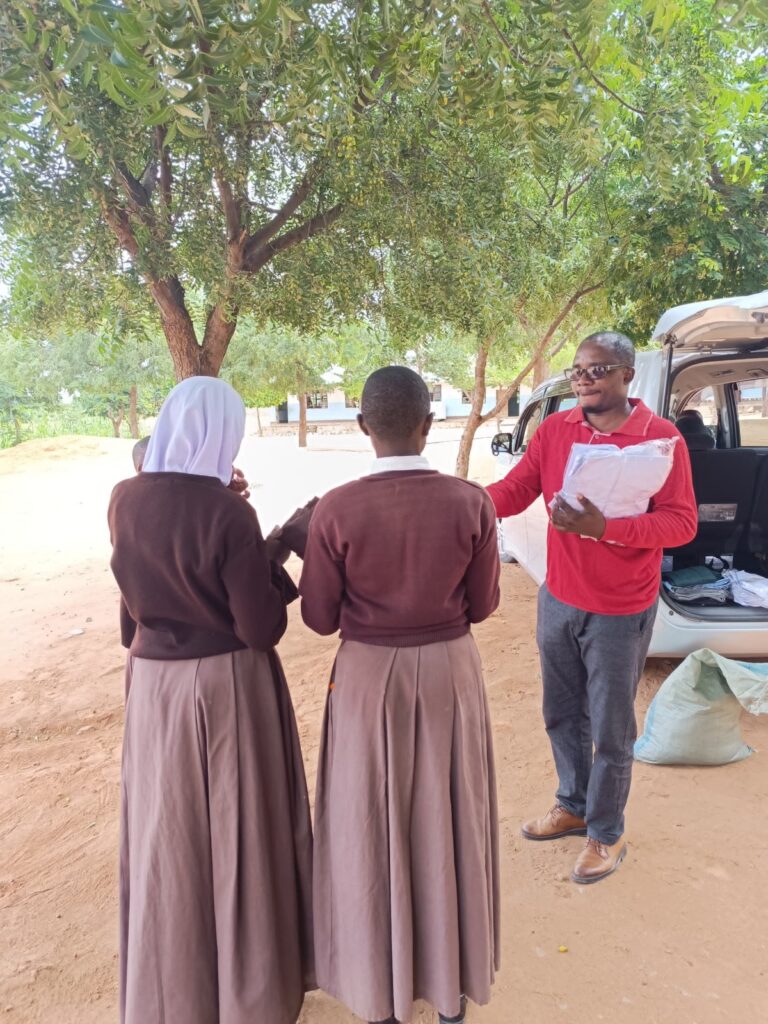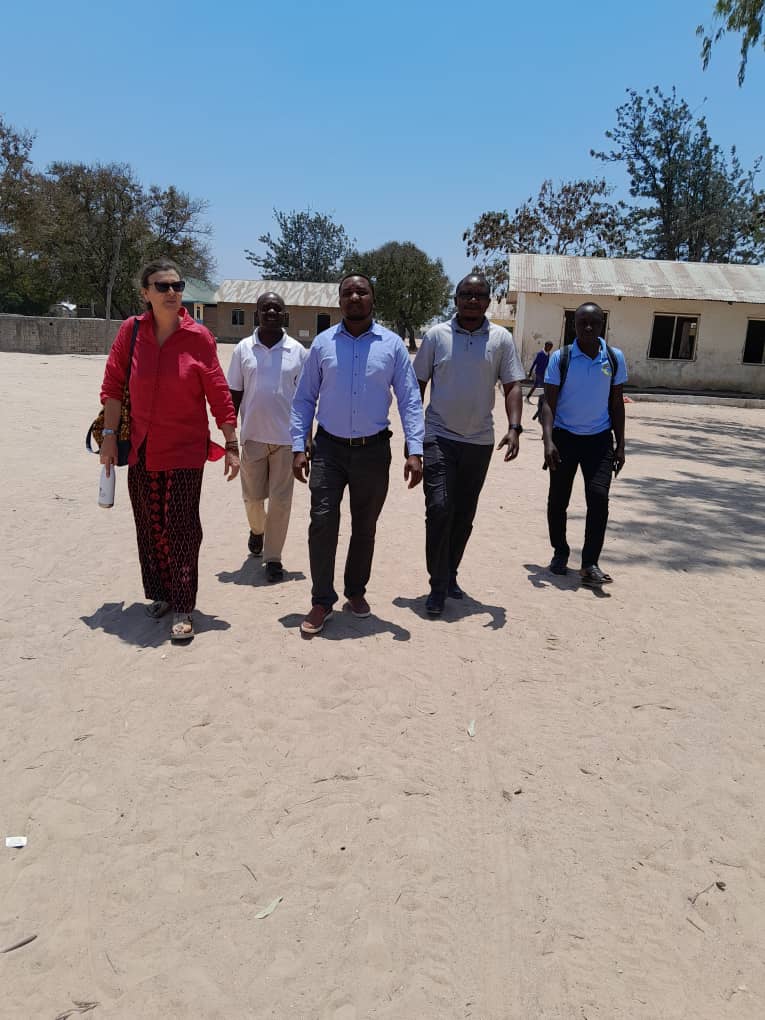We feel proud to work with children. Family work allows us to interact with those who are vulnerable and are in need of shelter, care, psychosocial support, child protection, health, education, and skills training as well as family reunification. We are committed to serving the children.
We support children to move away from dangers, help them fulfil their dreams as well as create a mutual relationship between the them and their families. KISEDET’s and the Tanzanian government’s social workers collaborate closely together to reunite children with their relatives. This reintegration process is complex and can only begin once it has been assured that the child’s family is able to take proper care and provide a dignified life to the child. This is KISEDET.
Organization’s information
Kigwe Social Economic Development and Training (KISEDET) started its activities in 1998, in Kigwe village, and formally registered on 18th February 1999 under the Trustees Incorporation Ordinance (Cap 375) as a Non-Governmental, Non-profit-making and Non-political organization. In January 2006 the KISEDET constitution was changed and from 7th of May 2007 it was registered as a civil society organization under the Non-Governmental Organization Act, 2002 with registration No. 1802.
KISEDET works in Tanzania mainland, and since its establishment, it has focused its interventions in the regions of Dodoma and Singida.
KISEDET is envisaging to empower the children and other needy members of the community through access to education and capacity building and use it for poverty reduction.
The mission of the organization is to uplift the socio-economic and other human conditions in vulnerable communities, facilitating them to realize their potentials.
The organization has a Board of Directors, composed of 7 (2 Female) members that meet once per Quarter, and 25 people in staff (8 female). Currently, the organization runs two children’s homes (shelters), one in Dodoma City (Shukurani) and the other one in a rural setting (Chigongwe village), 25 km away from the city center. Besides, KISEDET has a drop-in center as an entry and registration point for MVCs (children living and working on the streets) to the shelter centers.


KISEDET has the following aims and objectives:
- Reintegration of children with their families through family therapeutic model;
- Advocacy campaigns on family health and HIV/AIDS, children rights, domestic violence, and substance abuse among children, youths, and caregivers;
- Work with the communities to promote social-economic empowerment of youth and parents through VSLA;
- Rehabilitation and Transformation of Children and Youth who live and work in the street (CYLWS) and empowering youth through youth association model;
- Promote modern and sustainable farming systems through the introduction of proper land husbandry and water management;
- Sensitize, educate and counsel the youth and the community on the HIV/AIDS infections, prevention and the caring of the infected people;
- Promote and conserve the environment for the purpose of better health, sanitation, economic growth, and poverty reduction;
- Rehabilitate street children and orphans, help the elderly and assist the disabled and poor people;
- Proactively implementing Safeguarding policy and practices to keep children, staff, and vulnerable adults safe and promote their well-being.
- Supporting refurbishment and renovation of community facilities such as schools, VTC and health facilities.

